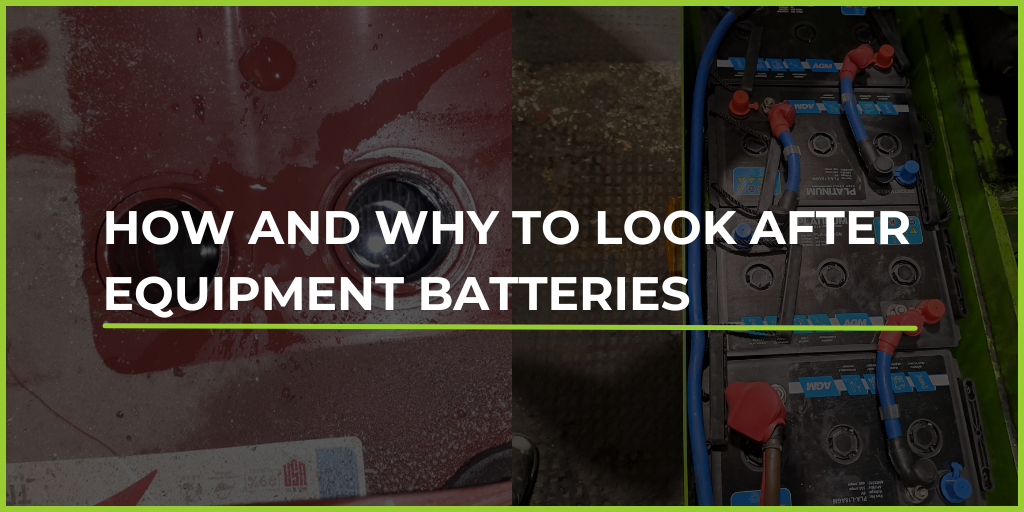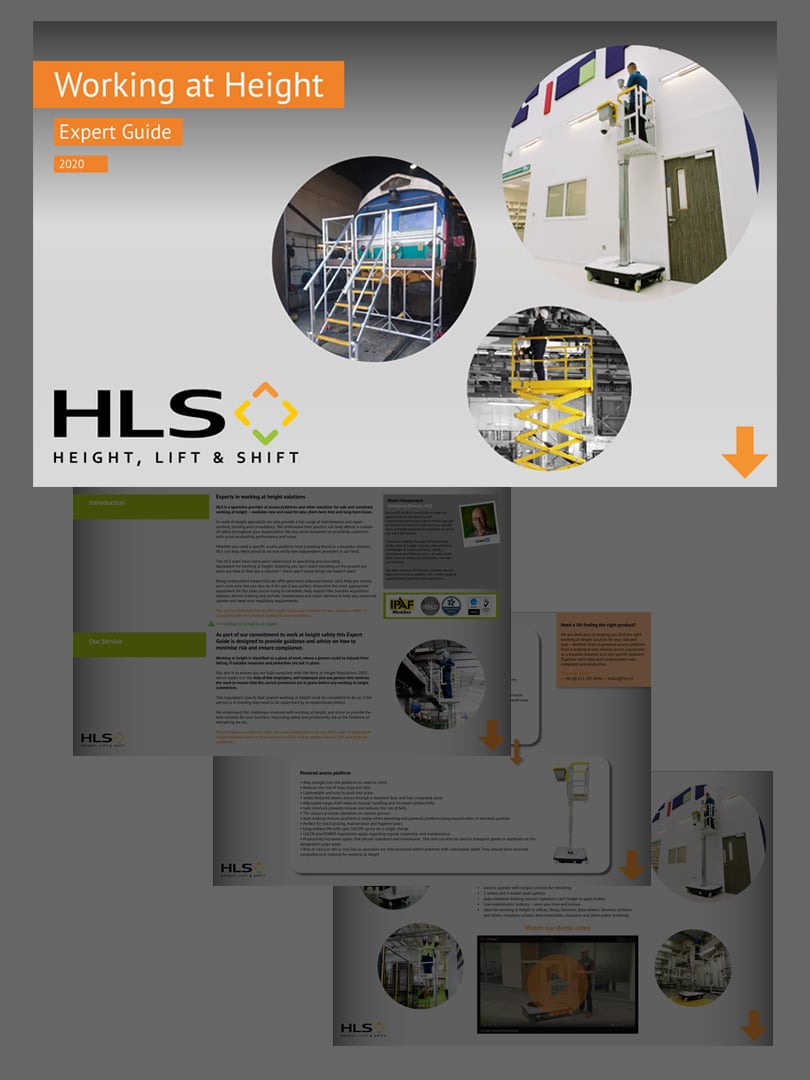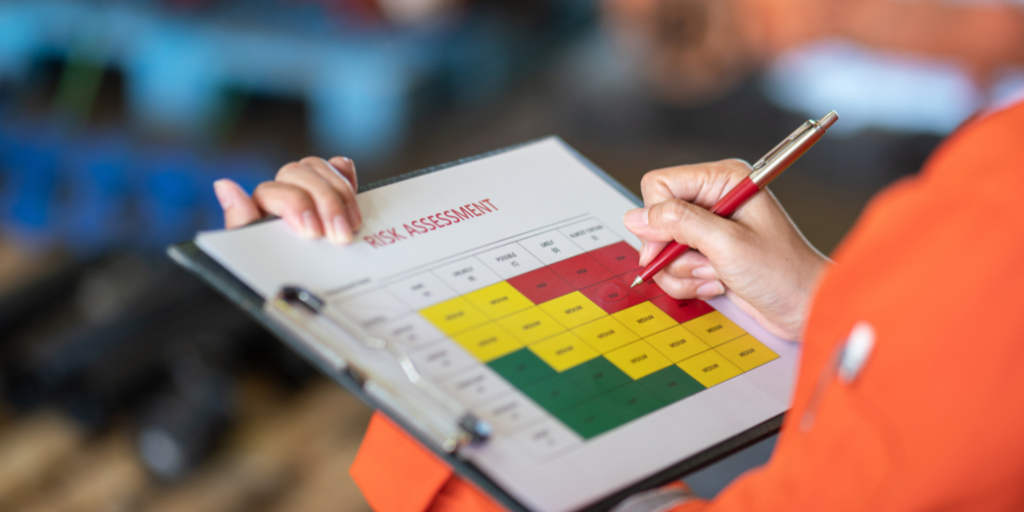Over the course of the last 12 months, it has been observed that 19% of scheduled service visits became failed visits due to machine batteries not being optimally charged. This has resulted in the inability to conduct mandatory inspections or address equipment malfunctions, particularly for Mobile Elevated Work Platforms (MEWPS). It is crucial to ensure that the charging of machine batteries is undertaken with utmost care and precision to avoid future disruptions within an organisations operation to save time and money.
Reasons for batteries not being charged correctly:
When charging machine batteries, it is crucial to use the correct charging equipment and follow the manufacturer's charging instructions to prevent overcharging or undercharging.
- Overcharging:
Overcharging a battery can cause it to heat up and eventually cause damage. When a battery is overcharged, it produces more hydrogen and oxygen gases than can be expelled, leading to a build-up of pressure inside it. This pressure can cause the battery to explode, releasing the excess gases and potentially causing harm to anyone nearby. It is important to avoid overcharging your battery to prevent these dangerous situations from occurring.
- Undercharging:
Undercharging a machine's battery can negatively affect its overall lifespan and performance. When a battery is undercharged, the plates within the battery can begin to deteriorate over time. Undercharging a lead acid battery causes plate sulfation, as a result, the battery will eventually lose its ability to hold a full charge and will not perform as efficiently as it once did. Therefore, ensuring that your machine's battery is always fully charged is recommended to optimise its performance and prolong its lifespan.
- Not maintaining batteries by topping up with deionised water:
It is important to ensure that the lead acid plates within the battery are always covered by deionised water, which can be added through a rectangular cover or cap. However, some people make the mistake of topping up their battery with normal water. Impurities in water can decrease battery life, whilst deionised water does not interfere with chemical reactions during the battery’s operation, which could affect performance.
It is crucial to ensure that the battery's plates are always covered with deionised water. If the plates are dry, they must be refilled with more water. Failure to do so can cause the plates to deteriorate, resulting in a shorter lifespan for the battery or inefficient power output. Once the plates are damaged, the battery will not last as long on a full charge before needing to be charged again. Eventually, if there is too much corrosion the battery will need to be replaced entirely.
What do we recommend:
- If you are not using your machine that often to carry out working at height tasks, always charge the battery once a week even when not in use.
- Cover the battery plate with deionised water by 1 ml, to guarantee that the batteries will run smoother, and reduce the health and safety risk of leakages or explosions.
- To fully charge a battery, they require a charging time between 8-10 hours.
- It takes 8-10 hours to charge batteries fully, otherwise it could affect the performance of the batteries. If you discharge batteries on a regular basis without allowing them the correct amount of time to recharge, they will eventually fail and lose the ability to accept a full charge again.
How HLS can help:
At HLS we can recommend the correct maintenance free batteries for your type of working at height equipment. To help support our team of work at height specialists and engineers can offer familiarisation on how to maintain batteries before and during a service visit.
View and download our MEWP PRE-USE INSPECTION CHECKLIST below to ensure that you have made all the fundamental checks, thereby increasing the health and safety of workers.

To learn more about our maintenance and repair service, please visit https://www.hls.co/services/mewp-repair-maintenance or contact our team https://www.hls.co/contact.




.png)